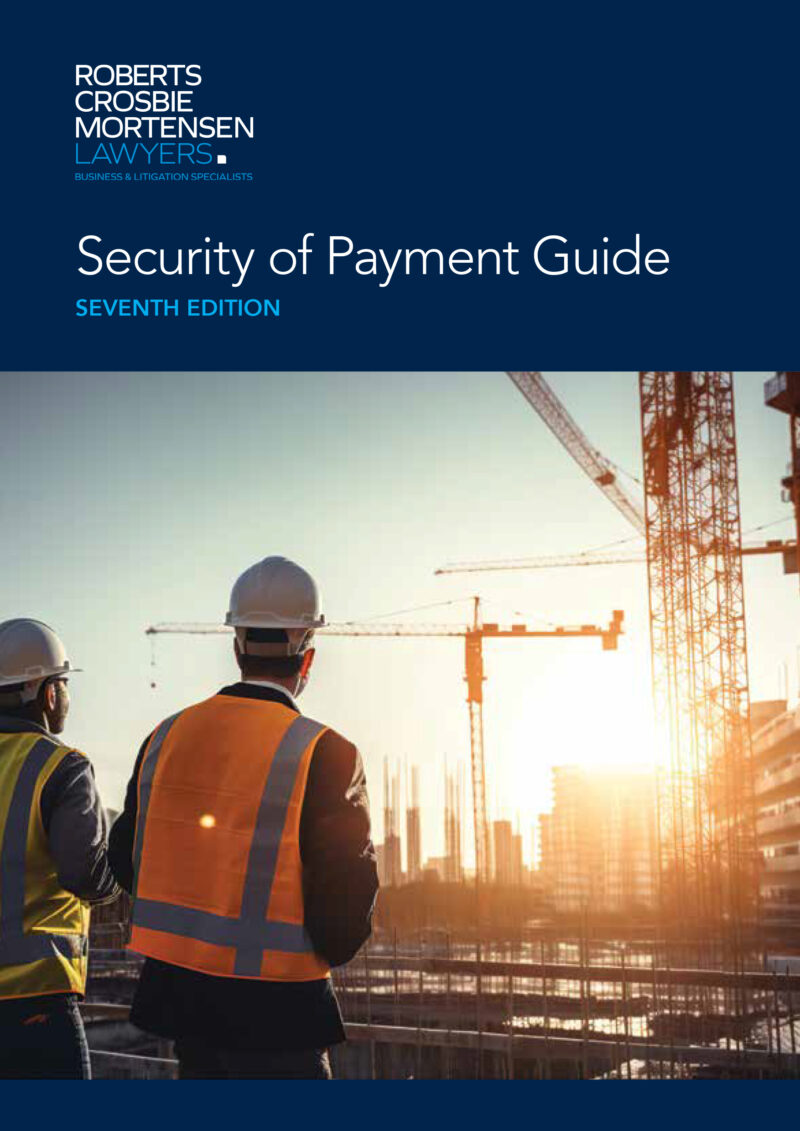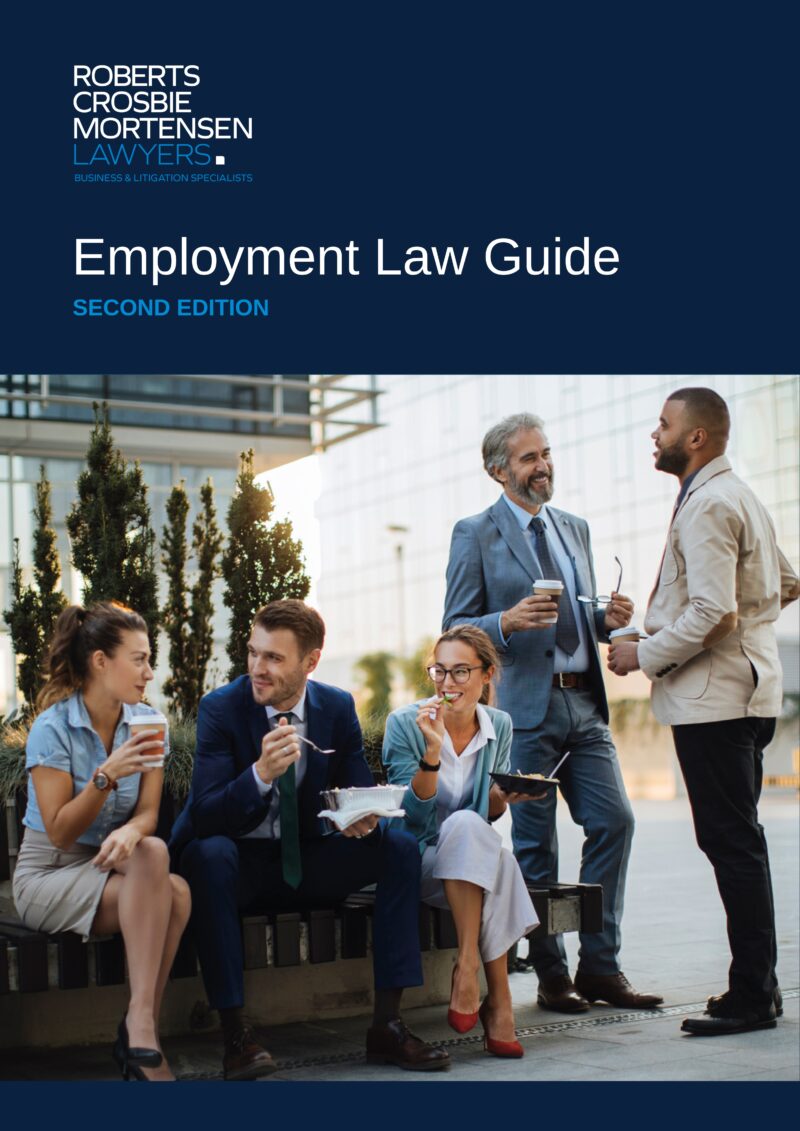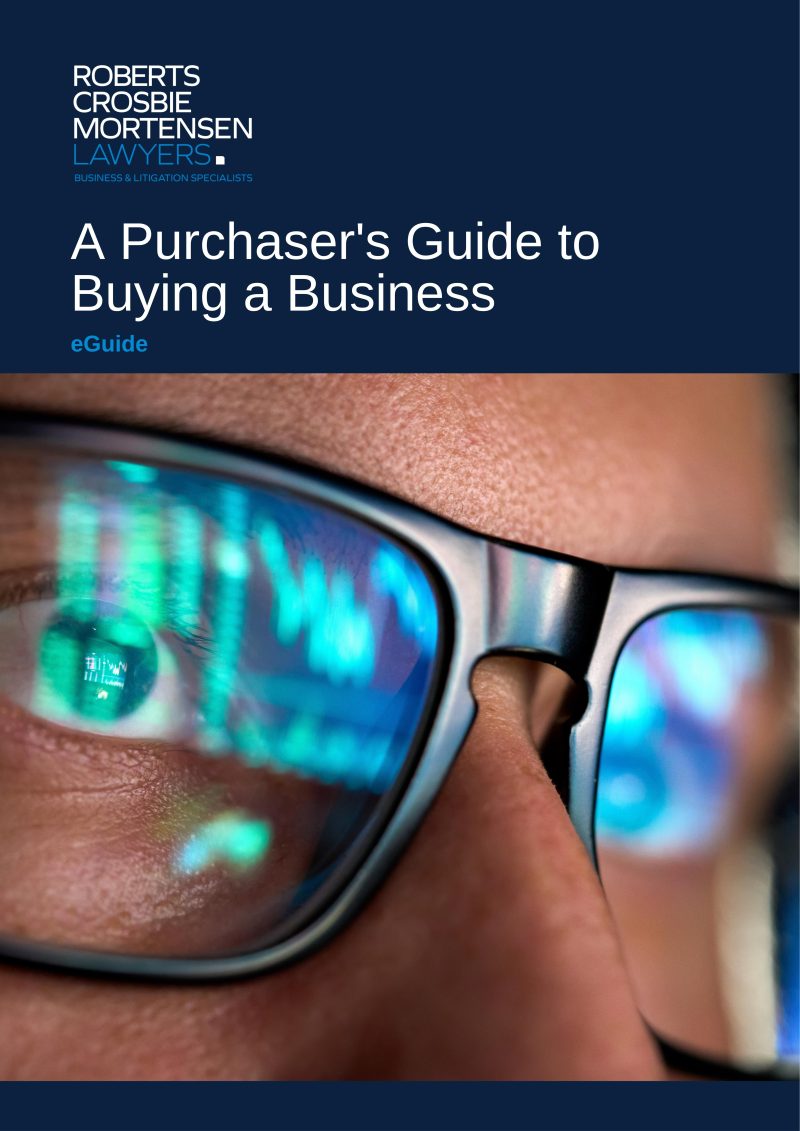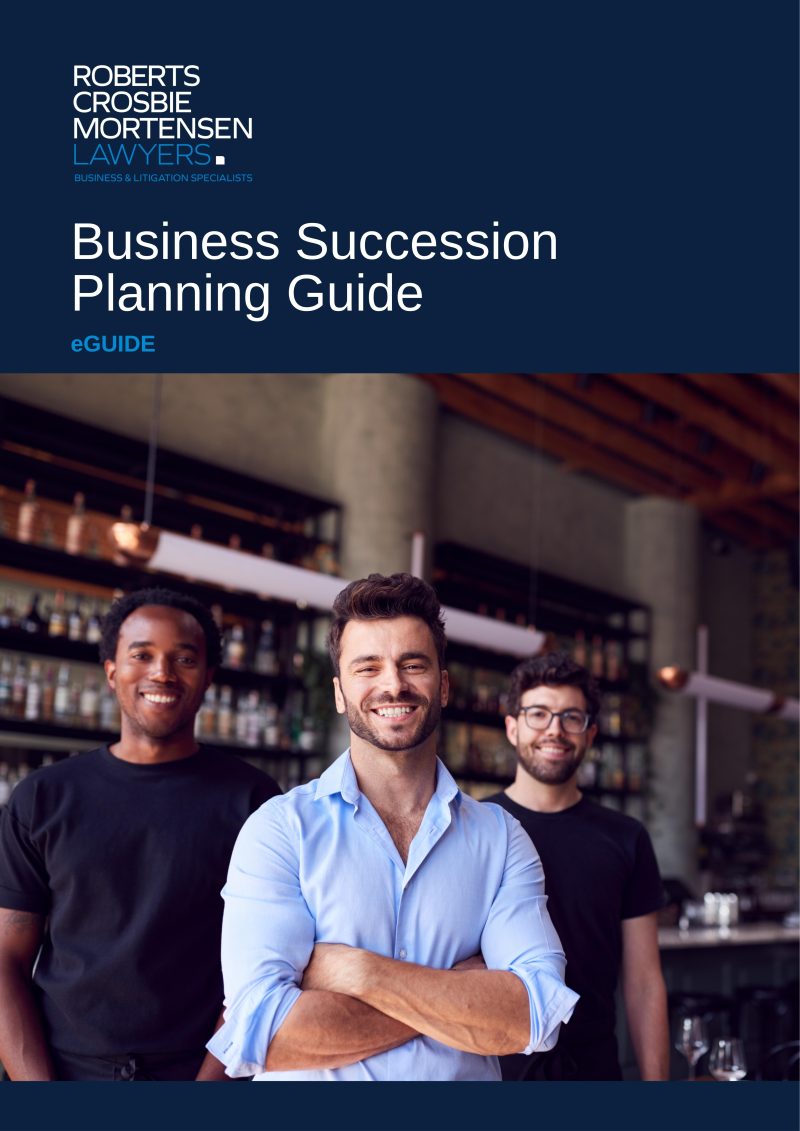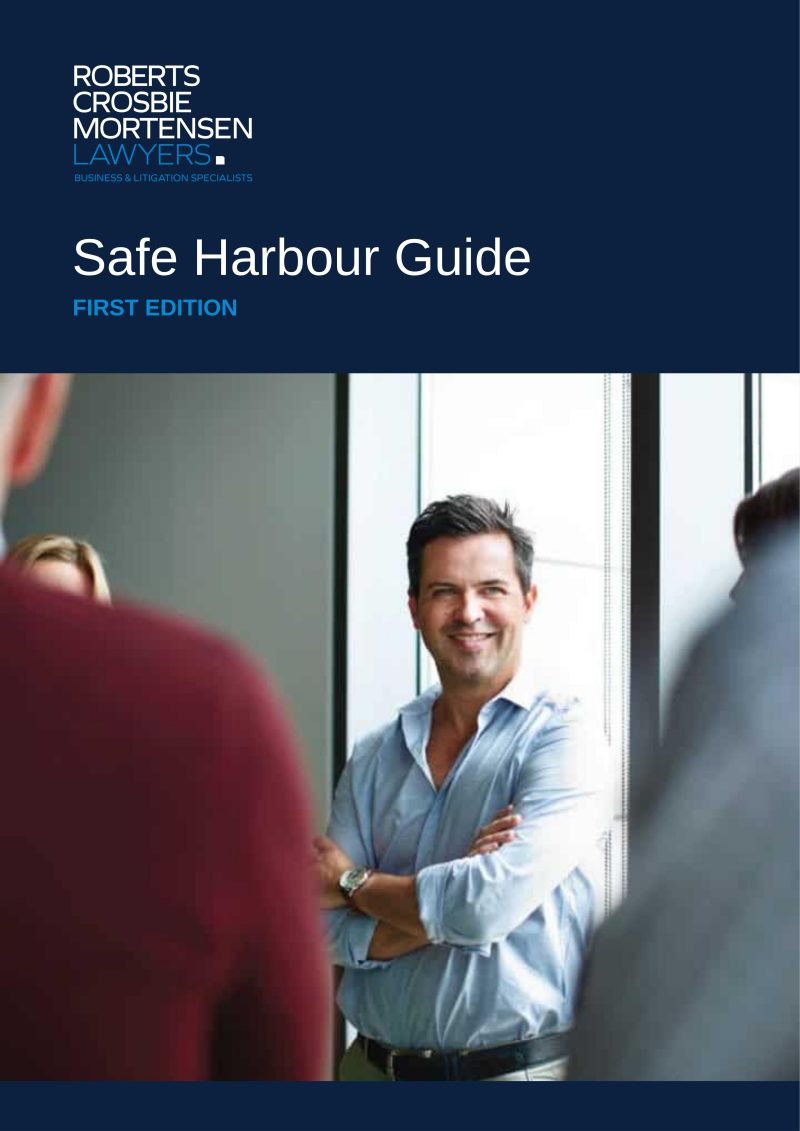For people who have a successful business and are interested in expanding by granting Franchises of their business, obtaining practical advice about what is involved in the day to day operation of Franchisor business is essential from the outset. From a Franchisor’s perspective, a Franchise relationship is not unlike having a child. Once you have the child you can’t change your mind and must follow it through even if you end up with only a few children (Franchisees) and not the global family you had hoped for.
The assistance of an experienced Franchise Consultant should be sought at an early stage if you are considering Franchising your business. Only after you are confident that you can and still want to Franchise your business should you seek legal advice and assistance with the preparation of a Franchise Agreement.
In recent decades Franchising has become a common way for entrepreneurs to expand their existing businesses and for individuals to start a business that is perceived to be less likely to fail. Since the 1970’s Franchising has revolutionised retailing in Australia, and provided small business proprietors with competitive resources to compete against the large corporations that dominate Australian retailing. People who buy a Franchise business buy a right to use an established brand and proven system for operating a business successfully. However, they also undertake a broad range of obligations and forgo the right to make many kinds of decisions in connection with the operation of the business.
The Franchising Industry is regulated by the Franchising Code of Conduct. The Code prescribes that before a Franchisor can enter into a Franchise Agreement they must obtain a Certificate; either from a legal, accounting and business advisor certifying that they have given advice to the prospective Franchisee, or from the prospective Franchisee themselves certifying that they have been told to obtain such advice but have decided not to.

















